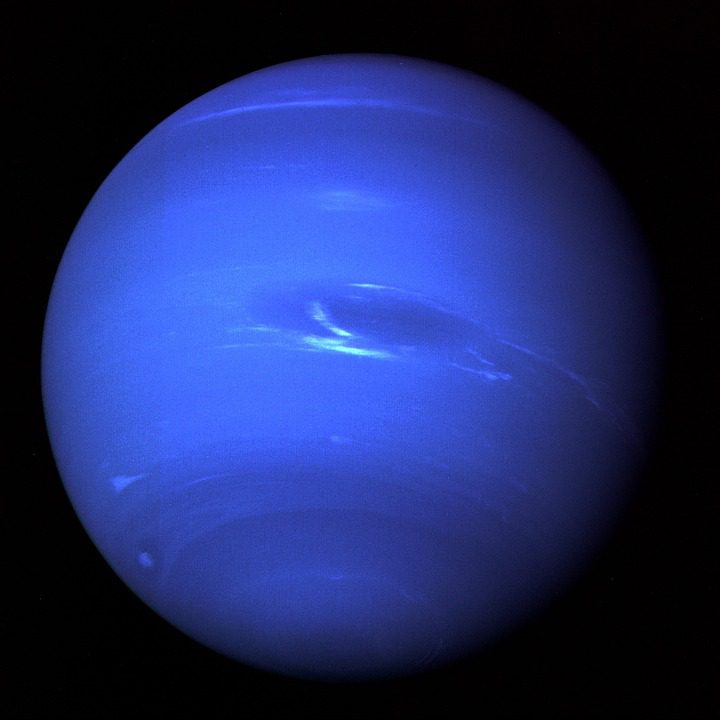Neptune’s overall temperature dropped unexpectedly, followed by a huge increase in its south pole.
As it revolves around the Sun, Neptune, like the Earth, has seasons. A Neptune season, on the other hand, lasts approximately 4 decades, while a Neptune year is 165 Earth years in length. Summertime has been in effect in Neptune’s southern half since 2005. As the southern solstice approached, scientists were excited to check how the temperature changed.
Over the course of 17 years, astronomers studied roughly 100 thermal-infrared photos of Neptune to better understand the planet’s temperature changes. According to these findings, much of the earth has been cooling throughout the last 2 decades, despite the emergence of southern summer. Neptune’s worldwide average temperature fell by 8 °C throughout 2003 to 2018, according to a new study.
Between 2018 and 2020, Neptune’s south pole saw a remarkable warming, with temperatures rising by 11 degrees Celsius over the last 2 years of astronomical measurements. In spite of being well-known for decades, Neptune’s heated polar vortex has never before seen such fast polar heating.
Infrared thermal cameras were used to estimate Neptune’s heat by observing the generated infrared light. Using data from ground-based telescopes over the previous two decades, the team analyzed Neptune. Neptune’s stratosphere is a layer of the planet’s atmosphere that emits infrared radiation. As a result, the researchers were able to piece together data on Neptune’s temperature and seasonal fluctuations during the southern summer solstice.
To accurately measure Neptune’s temperatures from Earth, which is 4.5 billion kilometers distant and has an average temperature of –220°C, is a difficult undertaking.
Scientists don’t know what is causing Neptune’s temperature fluctuations since they were so unanticipated. Variations in Neptune’s atmospheric composition, unpredictable weather variations, or perhaps even the solar activity might account for these anomalous events.
The research was published in The Planetary Science Journal.












Leave a Reply